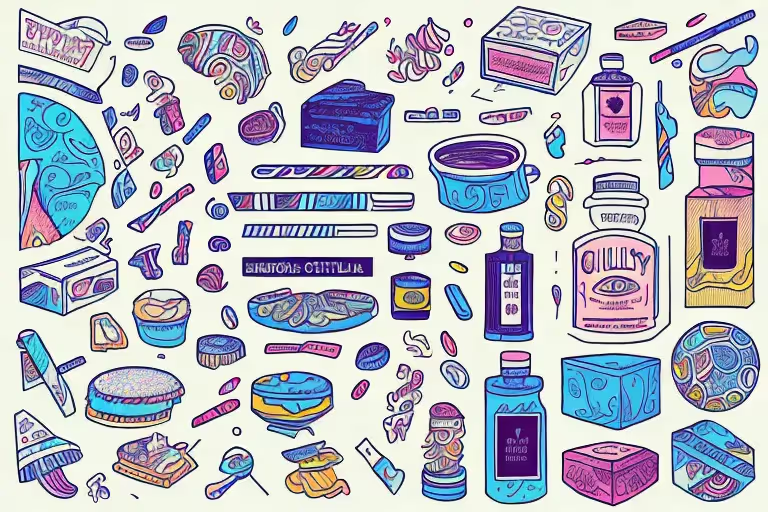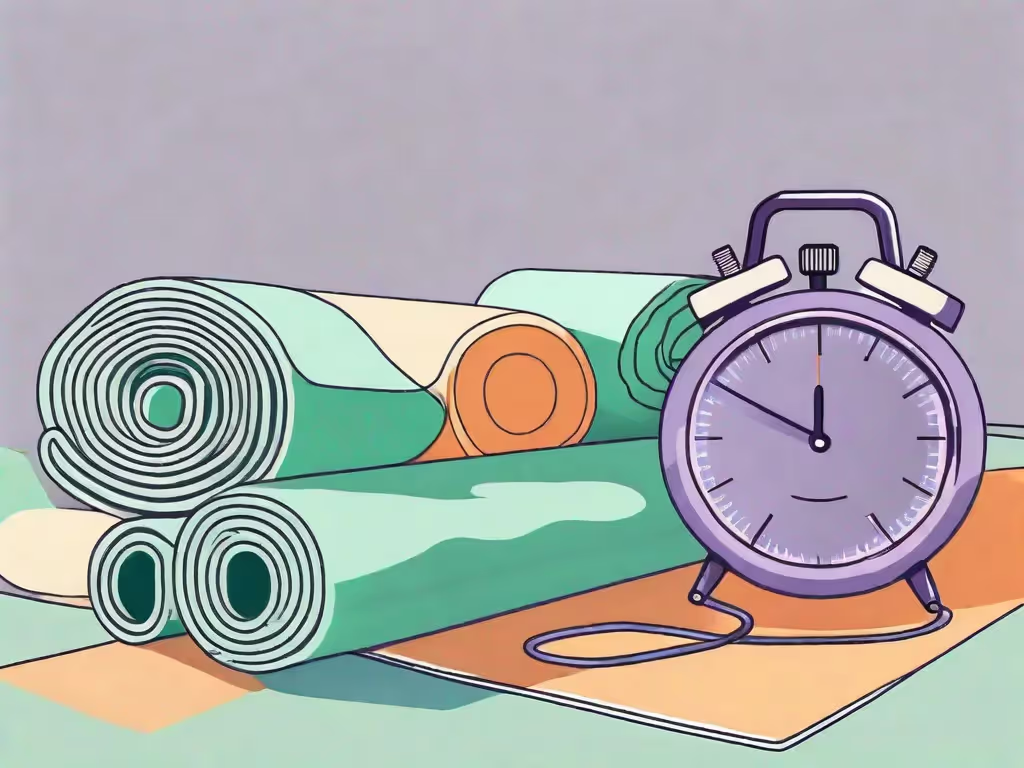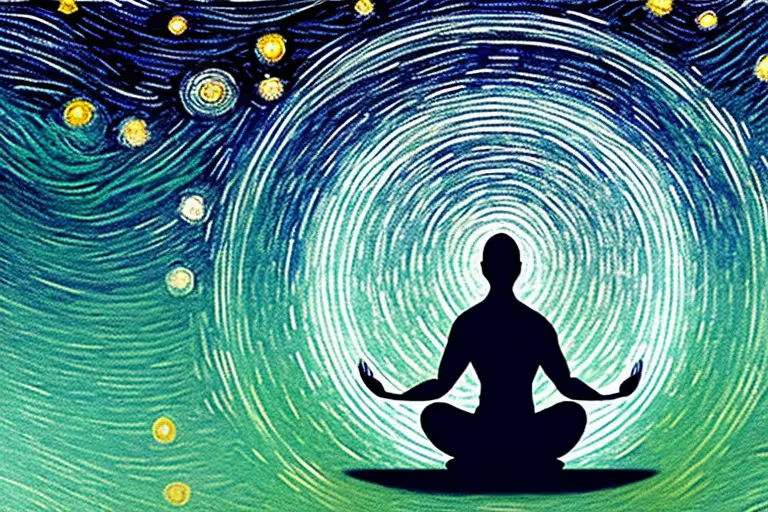Do you ever find yourself inexplicably drawn to something that you know you shouldn't enjoy? Perhaps it's a cheesy reality TV show, a guilty pleasure song, or indulging in a decadent dessert when you're on a diet. These are what we call guilty pleasures. But what exactly are guilty pleasures, and why do we have them? In this article, we'll delve into the world of guilty pleasures to understand their meaning, psychology, social implications, impact on mental health, and how to manage them in a healthy way. So sit back, relax, and let's explore the fascinating world of guilty pleasures.
Understanding the Concept of a Guilty Pleasure
Let's dive deeper into the fascinating concept of guilty pleasures and explore the various aspects that make them so intriguing. By understanding the definition, origin, and common examples, we can gain a greater appreciation for these guilty indulgences.
Definition and Origin of the Term "Guilty" Pleasure
Let's start by defining what exactly a guilty pleasure is. In its simplest form, a guilty pleasure refers to something that brings us immense enjoyment, but at the same time, we feel a sense of guilt or shame for liking it. It's almost as if we have a secret love affair with these pleasures, hiding them away from the prying eyes of judgment.
The term "guilty pleasure" is believed to have originated in the late 20th century, and it gained popularity as people began openly discussing their preferences for things that were considered less sophisticated or socially acceptable. It provided a way for individuals to embrace their unconventional tastes while acknowledging the societal pressure to conform to more refined or culturally accepted forms of entertainment.
By labeling these indulgences as guilty pleasures, we acknowledge the internal struggle between our desire for enjoyment and the external expectations placed upon us.
Experience Meditations to Reduce Feelings of Guilt with the Aura App
Transform your wellbeing, sleep, and life with the personalized, all-in-one app for emotional health.
Some Examples of Guilty Pleasures
Guilty pleasures can take many forms and vary greatly from person to person. Each individual has their own unique set of secret delights that they revel in, despite the underlying guilt or shame. Let's explore some common examples that showcase the diversity of guilty pleasures.
One prevalent guilty pleasure is binge-watching trashy reality TV shows. These shows often present exaggerated and scripted scenarios, yet they captivate us with their addictive drama and mindless entertainment. We find ourselves drawn into the lives of the participants, eagerly awaiting the next episode, all the while knowing that we could be spending our time on more intellectually stimulating activities.
Another guilty pleasure that many of us can relate to is indulging in guilty pleasure foods. Whether it's devouring a greasy fast food burger or savoring a decadent slice of chocolate cake, these culinary delights bring us instant gratification. However, the guilt soon follows as we recognize the unhealthy nature of our choices and the impact they may have on our well-being.
For some, guilty pleasures manifest in the form of catchy but cheesy pop songs. These tunes may lack the depth and complexity often associated with more critically acclaimed music, yet they have an undeniable ability to lift our spirits and make us want to dance. We find ourselves singing along to the lyrics, fully aware that our taste in music may not align with what is considered "cool" or "sophisticated."
Other guilty pleasures include reading trashy novels that provide a temporary escape from reality, or even playing addictive mobile games that consume our time and attention. These activities offer a momentary reprieve from the responsibilities and pressures of everyday life, but we can't help but feel a twinge of guilt for not engaging in more intellectually stimulating pursuits.
By embracing our guilty pleasures, we acknowledge the complexity of our desires and the multifaceted nature of human enjoyment. They remind us that we are all unique individuals with our own preferences and quirks. So, the next time you find yourself indulging in a guilty pleasure, remember that it's okay to enjoy the simple pleasures in life, even if they come with a side of guilt.
The Psychology Behind Guilty Pleasures
Guilty pleasures have always intrigued us. They are those secret indulgences that we enjoy, but at the same time, they make us feel a twinge of guilt. It's a paradoxical experience - finding pleasure in something that society deems inappropriate or unacceptable. But why does guilt play such a significant role in our enjoyment of these guilty pleasures?
The Role of Guilt in Pleasure
Guilt, as it turns out, is closely intertwined with pleasure. The very nature of a guilty pleasure is rooted in societal expectations and the fear of being judged by others. When we indulge in these pleasures, we may feel a sense of shame because we are deviating from what is considered "good" or "proper." It's as if we are breaking the rules, and that sense of transgression adds an extra layer of excitement and pleasure to the experience.
Moreover, guilt can also serve as a form of self-regulation. It acts as a reminder that we should exercise restraint and moderation in our actions. By feeling guilty, we are acknowledging that what we are doing may not align with our personal values or societal norms. This internal conflict between our desires and our moral compass can intensify the pleasure derived from indulging in these guilty pleasures.
Why We Enjoy Things We Shouldn't
Understanding why we enjoy things that we know we shouldn't is a complex matter. One explanation lies in the concept of "forbidden fruit." The allure of something we are told not to do or enjoy can create a sense of excitement and rebellion, adding to the pleasure derived from the guilty pleasure itself. It's as if the forbidden nature of the activity enhances its appeal, making it even more enticing.
Additionally, guilty pleasures often provide an escape from the pressures and stresses of our daily lives. In a world filled with responsibilities, deadlines, and expectations, indulging in something that brings us pleasure, even if it's considered taboo, can offer a temporary reprieve. It becomes a way to unwind, relax, and momentarily forget about the demands of our everyday existence.
Furthermore, guilty pleasures can also serve as a form of self-care. Engaging in activities or consuming media that we enjoy, even if they are considered "lowbrow" or "trashy," allows us to prioritize our own happiness and well-being. It's a reminder that we deserve to experience joy and pleasure, regardless of what others may think.
So, the next time you find yourself indulging in a guilty pleasure, embrace it. Recognize that guilt and pleasure can coexist, and that these indulgences can offer a valuable escape and source of happiness in our complex lives.
The Social Perspective on Guilty Pleasures
Cultural Influences on Guilty Pleasures
Guilty pleasures are not only influenced by our individual preferences but also by our cultural backgrounds. Different cultures vary in their definitions of what constitutes a guilty pleasure. For instance, what might be considered a guilty pleasure in one culture may be widely accepted and celebrated in another. These cultural influences shape our perceptions of guilt and what we feel conflicted about enjoying.
Guilty Pleasures and Social Stigma
Social stigma often surrounds guilty pleasures, especially when they are considered lowbrow or lacking cultural value. People may hesitate to share their guilty pleasures due to fear of judgment or ridicule. However, it is essential to remember that guilty pleasures are personal and subjective. What brings one person joy and comfort may not resonate with another, and that's perfectly okay!
The Impact of Guilty Pleasures on Mental Health
The Positive Effects of Guilty Pleasures
Contrary to popular belief, guilty pleasures can have positive effects on our mental health. They provide an opportunity for self-indulgence and can act as a form of self-care. indulging in guilty pleasures can uplift our mood, reduce stress, and serve as a source of pleasure and relaxation in our busy lives.
The Negative Consequences of Guilty Pleasures
While guilty pleasures can provide temporary relief and enjoyment, it's important to acknowledge their potential negative consequences. Excessive indulgence in guilty pleasures can lead to unhealthy habits, such as overeating or neglecting responsibilities. Additionally, if we rely too heavily on these pleasures to cope with negative emotions, they may hinder our ability to find healthier coping mechanisms.
Managing Your Guilty Pleasures
Balancing Guilt and Pleasure
Managing guilty pleasures involves finding a balance between guilt and pleasure. It's essential to enjoy the things that bring us joy without allowing guilt to consume us. Embrace the fact that everyone has guilty pleasures, and it's perfectly fine to indulge in them as long as they don't have a detrimental impact on our well-being or relationships.
Healthy Ways to Indulge in Your Guilty Pleasures
Indulging in guilty pleasures can be a healthy and enjoyable part of life as long as we approach them mindfully. Set boundaries for yourself and create a healthy balance between guilty pleasures and other aspects of your life. For example, if your guilty pleasure is watching cheesy reality TV shows, make sure to also allocate time for physical exercise, reading, or engaging in hobbies that stimulate your mind.
In conclusion, guilty pleasures are an intriguing aspect of human nature. They offer a glimpse into our desires, emotions, and the complex interplay between societal norms and personal preferences. By understanding and managing our guilty pleasures in a healthy way, we can enjoy the things we love without feeling overwhelming guilt or shame. So go ahead and indulge, guilt-free!
Aura is Your All In One App for Meditation, Mindfulness Wellbeing
Find peace every day with one app for your whole well-being. There is no one-size-fits-all solution to mental well-being. Aura is the first all-in-one wellness app that learns how to best help you. Discover an endless library of expert-created tracks for your well-being, all taught by the world’s best coaches, therapists, and storytellers. With Aura's personalized recommendations, you can find peace every morning, day and night.



.webp)






.avif)

%20(1).avif)


.avif)
.avif)
.webp)


.avif)


















































































































.avif)

















.svg)





.avif)



